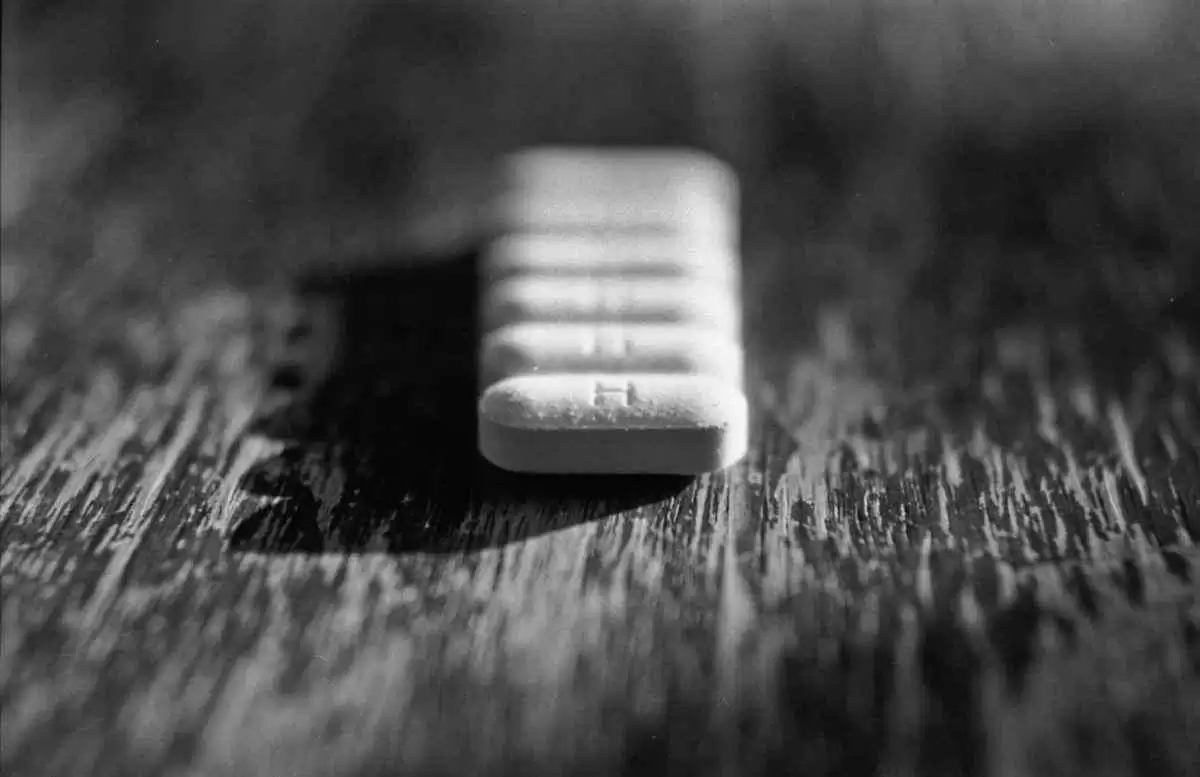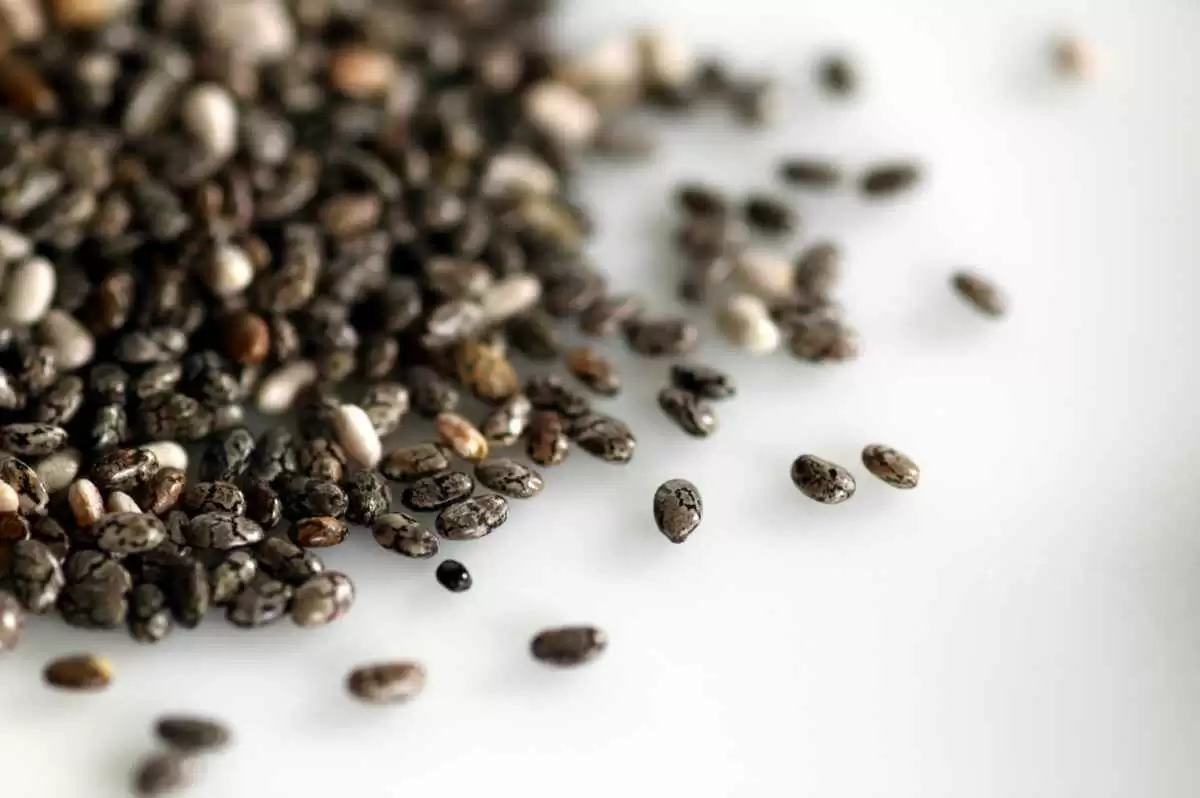Celiac.com 01/27/2024 - We've done many articles that cover nutrient deficiencies that are associated with untreated celiac disease, but many people do not realize that celiac disease can also lead to malabsorption of medications and supplements. Celiac disease damages the lining of the small intestine, where both nutrient and certain medication absorption takes place. This damage can result in decreased absorption of various substances, including both over the counter and prescription medications, and supplements.
Medications that are taken orally and absorbed in the small intestine may be affected by malabsorption in individuals with untreated celiac disease. As a result, the effectiveness of these medications might be compromised. It's essential for individuals with celiac disease to maintain a strict gluten-free diet to allow the small intestine to heal and improve nutrient absorption, including medications.
Common Medications Affected by Celiac Disease Malabsorption
Celiac.com Sponsor (A12):
Here are some common medications that may be affected by celiac disease-related malabsorption, but many more medications might also be affected:
- Thyroid Medications: Medications used to treat thyroid disorders, such as levothyroxine, may have reduced absorption in individuals with untreated celiac disease.
- Certain Antibiotics: Some antibiotics, including tetracycline and doxycycline, are absorbed in the small intestine. Malabsorption issues may affect their effectiveness.
- Anti-Inflammatory Drugs: Nonsteroidal anti-inflammatory drugs (NSAIDs) like ibuprofen, commonly used for pain and inflammation, may have altered absorption in individuals with celiac disease.
- Certain Anticonvulsants: Medications used to treat seizures, such as phenytoin, might be impacted by malabsorption in untreated celiac disease.
- Oral Contraceptives: Birth control pills, which are taken orally, may be affected by malabsorption in individuals with celiac disease.
-
Blood Pressure Medications:
- Calcium Channel Blockers: Medications like amlodipine, which are calcium channel blockers used to treat high blood pressure, may be affected by impaired calcium absorption.
- Beta-Blockers: Some beta-blockers, such as metoprolol, may have altered absorption due to malabsorption issues.
-
Cholesterol-Lowering Medications:
- Statins: Medications like atorvastatin and simvastatin, commonly prescribed for managing cholesterol levels, might be impacted by malabsorption in the small intestine.
-
Pain Medications:
- Opioids: Medications containing opioids, such as codeine or oxycodone, may have absorption challenges in individuals with untreated celiac disease.
-
Diabetes Medications:
- Metformin: This common medication for managing diabetes may be affected by impaired absorption in individuals with celiac disease.
It's important to note that individual responses to medication can vary, and the severity of malabsorption can differ among those with celiac disease. Therefore, open communication with healthcare providers is crucial to monitor medication effectiveness, adjust dosages when needed, and explore alternative treatments if necessary.
Common Supplements Affected by Celiac Disease Malabsorption
Here are some common supplements that may be affected by celiac disease-related malabsorption, but many more supplements might also be affected:
-
Calcium Supplements:
- Calcium carbonate or citrate: Individuals with celiac disease may experience difficulty absorbing calcium, impacting bone health. Supplementing with calcium is common to address potential deficiencies.
-
Iron Supplements:
- Iron sulfate or ferrous fumarate: Celiac disease can lead to iron deficiency anemia due to impaired iron absorption. Iron supplements are often recommended to address low iron levels.
-
Vitamin D Supplements:
- Cholecalciferol (Vitamin D3): Malabsorption of fat-soluble vitamins, including vitamin D, can occur in celiac disease. Supplementation is often necessary to maintain adequate vitamin D levels.
-
B Vitamins:
- B12 (Methylcobalamin): Deficiencies in B vitamins, particularly B12, may occur in individuals with celiac disease due to malabsorption. B12 supplements can be prescribed to address deficiencies.
-
Folate (Folic Acid or Methylfolate):
- Methylfolate: Similar to B12, folic acid absorption may be compromised. Supplementing with methylfolate can be considered.
-
Zinc Supplements:
- Zinc citrate or picolinate: Zinc absorption may be reduced in celiac disease. Zinc supplementation is recommended for those with zinc deficiencies.
-
Magnesium Supplements:
- Magnesium citrate or glycinate: Malabsorption issues can affect magnesium levels. Supplementing with magnesium is common to address deficiencies.
-
Omega-3 Fatty Acids:
- Fish Oil (EPA and DHA): Essential fatty acids may be poorly absorbed. Omega-3 supplements can help maintain a balance of these crucial fats.
Summary
Individuals with untreated celiac disease may experience malabsorption of various medications and supplements due to damage to the small intestine's lining. This can impact the absorption and effectiveness of certain drugs and supplements that are commonly taken or prescribed for various conditions. It's essential for individuals with celiac disease to be aware of potential interactions and work closely with their healthcare providers, including pharmacists, to ensure appropriate adjustments in medication dosage or explore alternative forms of administration when necessary.












Recommended Comments
Create an account or sign in to comment
You need to be a member in order to leave a comment
Create an account
Sign up for a new account in our community. It's easy!
Register a new accountSign in
Already have an account? Sign in here.
Sign In Now